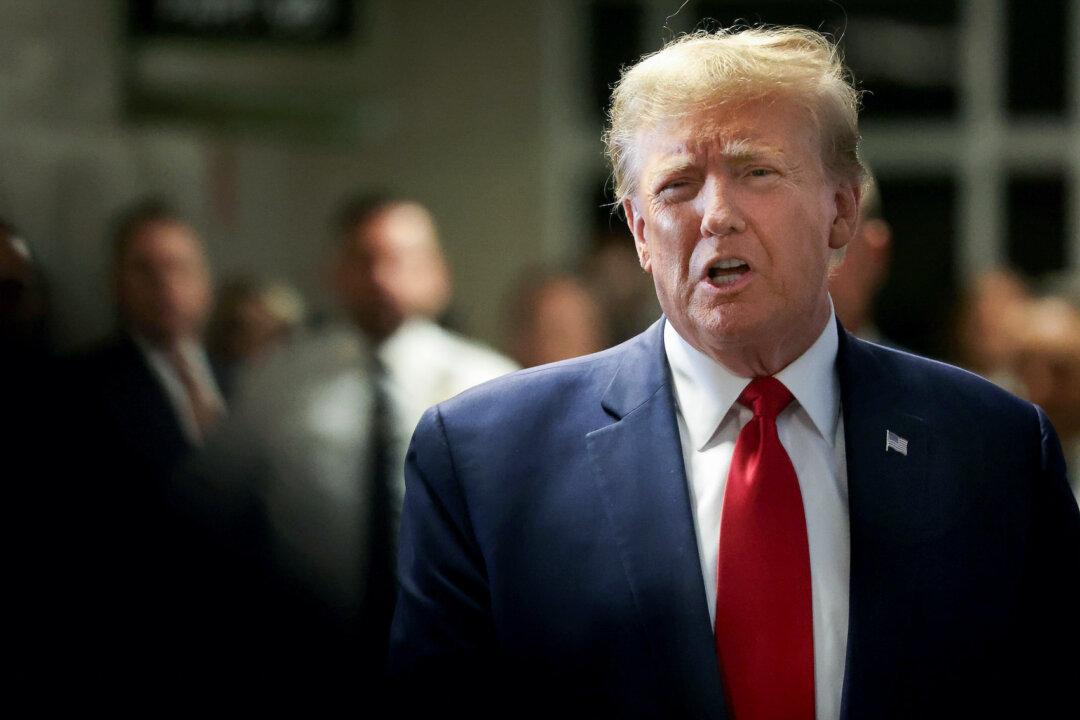Former President Donald Trump notched several small victories in his so-called hush money case in New York, with a judge siding with his request to prevent some “inflammatory and unduly prejudicial” evidence from being shown in court, although his bid to block testimony from Michael Cohen and adult performer Stephanie Clifford, also known as Stormy Daniels, was rejected.
In a pair of orders issued on March 18, New York Supreme Court Justice Juan Merchan granted in part and denied in part President Trump’s request to exclude some testimony and evidence that the former president said his opponents want to exploit to undermine his 2024 presidential campaign.





